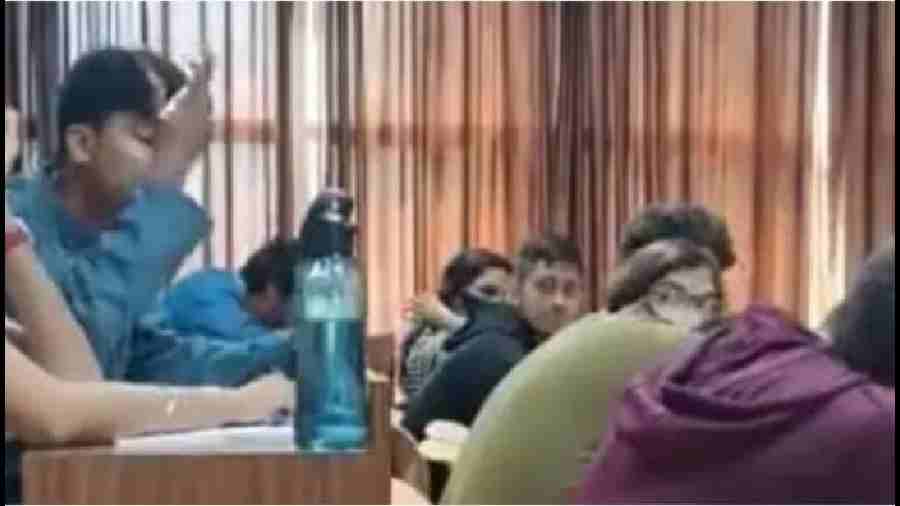I ndia has lost its sense of humour for some time now. What is new is the dawn of a different sense of fun. A teacher addressing a student of the minority community by the name of a terrorist in class was, according to the teacher, supposed to be funny. This happened in a prestigious technological institution situated in Karnataka, which has become a testing ground for Hindutva ideals and attitudes with a steady push towards discrimination based on religion. The incident demonstrates that a centre of learning with excellent intellectual, academic and professional credentials need not be resistant to the blandishments of a hate culture. Hatred can sweep all into its corruption. That such an address in a classroom was a ‘joke’ indicates that the environment is poisonous enough for community-based insults to be casually thrown about, with full confidence in the silent support of the majority. The young man called by a terrorist’s name stood up for his dignity and identity, rejected the insult to his religion and politely tore apart the teacher’s insistence on its humour. What he said could represent the feelings of an entire community, that to follow that faith and face such remarks every day was not funny.
It was equally painful that the student’s classmates said not a word in his support. No one else, irrespective of community, was insulted that a reference to a terrible terror attack was deliberately evoked by a teacher to label and shame one of their peers. Religion and the awareness of political power or disempowerment associated with religious identities are overtaking the secular, forward-looking, scientifically grounded goals of education. Although the student accepted the teacher’s apology, generously suggesting that insult may not have been intended, the teacher later decided to pretend that he had been misheard or that the incident was somehow contrived. Predictably, the state’s education minister stated that a ‘small’ thing was blown out of proportion and that a ‘particular community’ was trying to create a storm around it. But the institution barred the teacher from classes and instituted an inquiry. That the student protested against injustice and cruelty while knowing that hostile powers far exceeding his classroom would be arrayed against him is remarkable. India can come back from the brink with more such young people.

